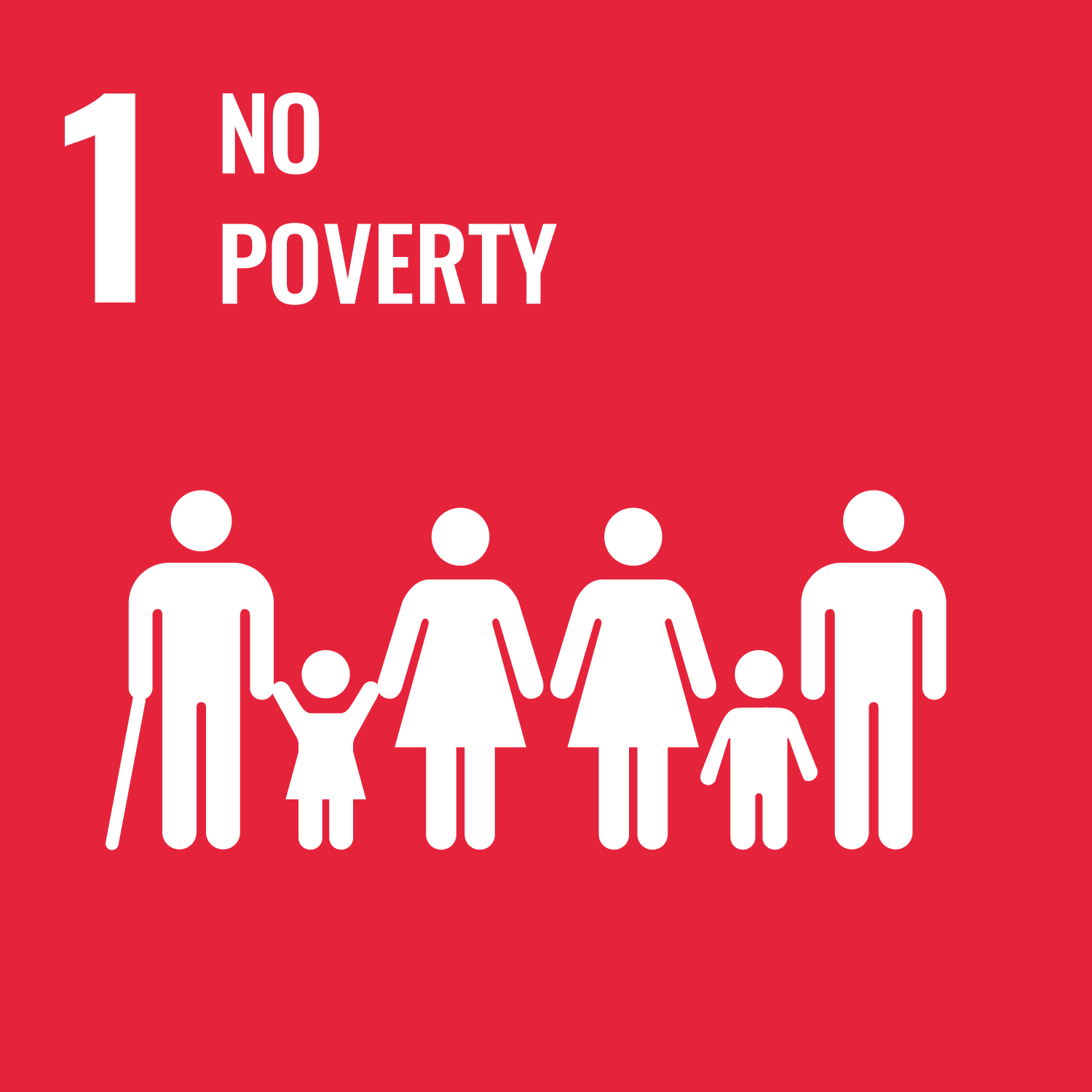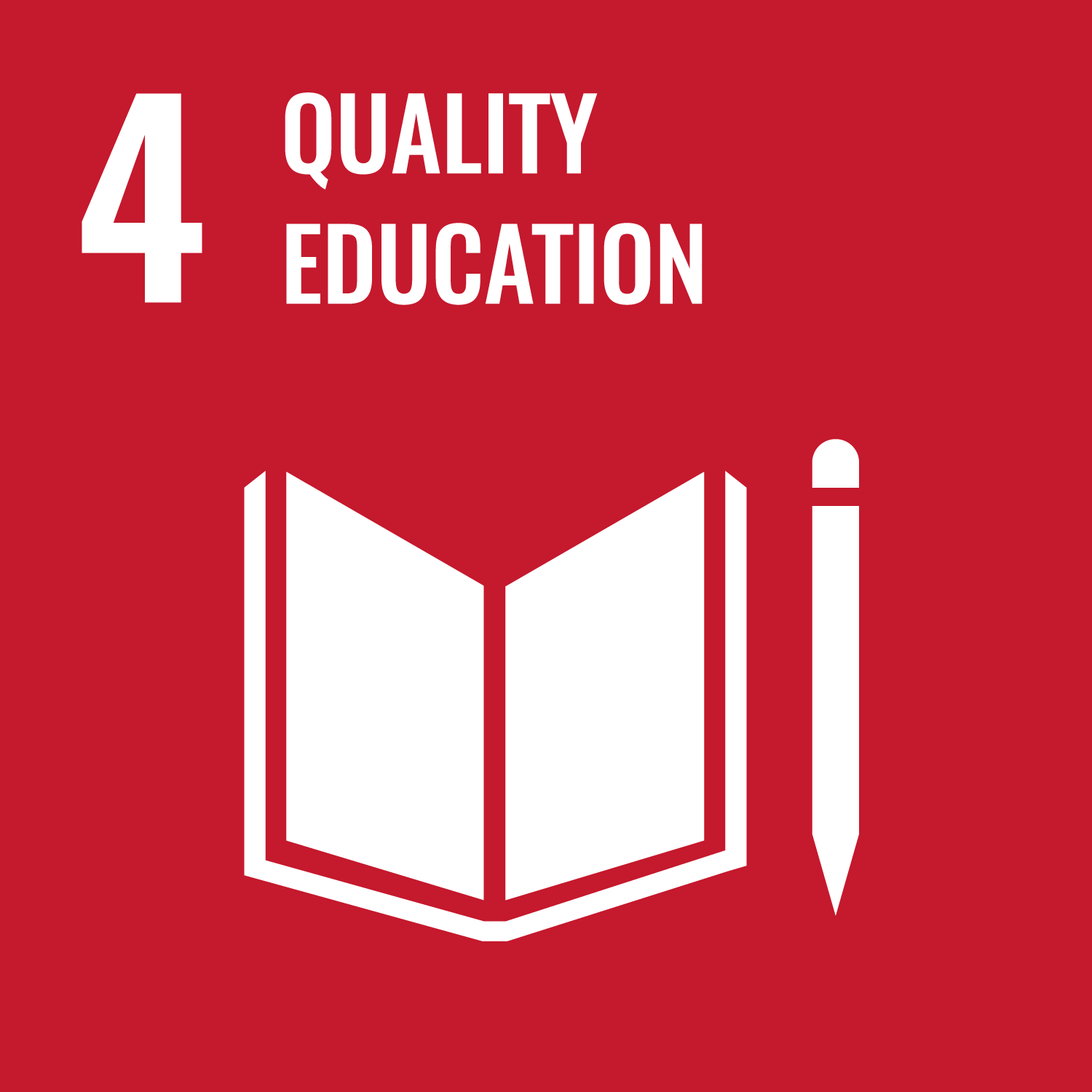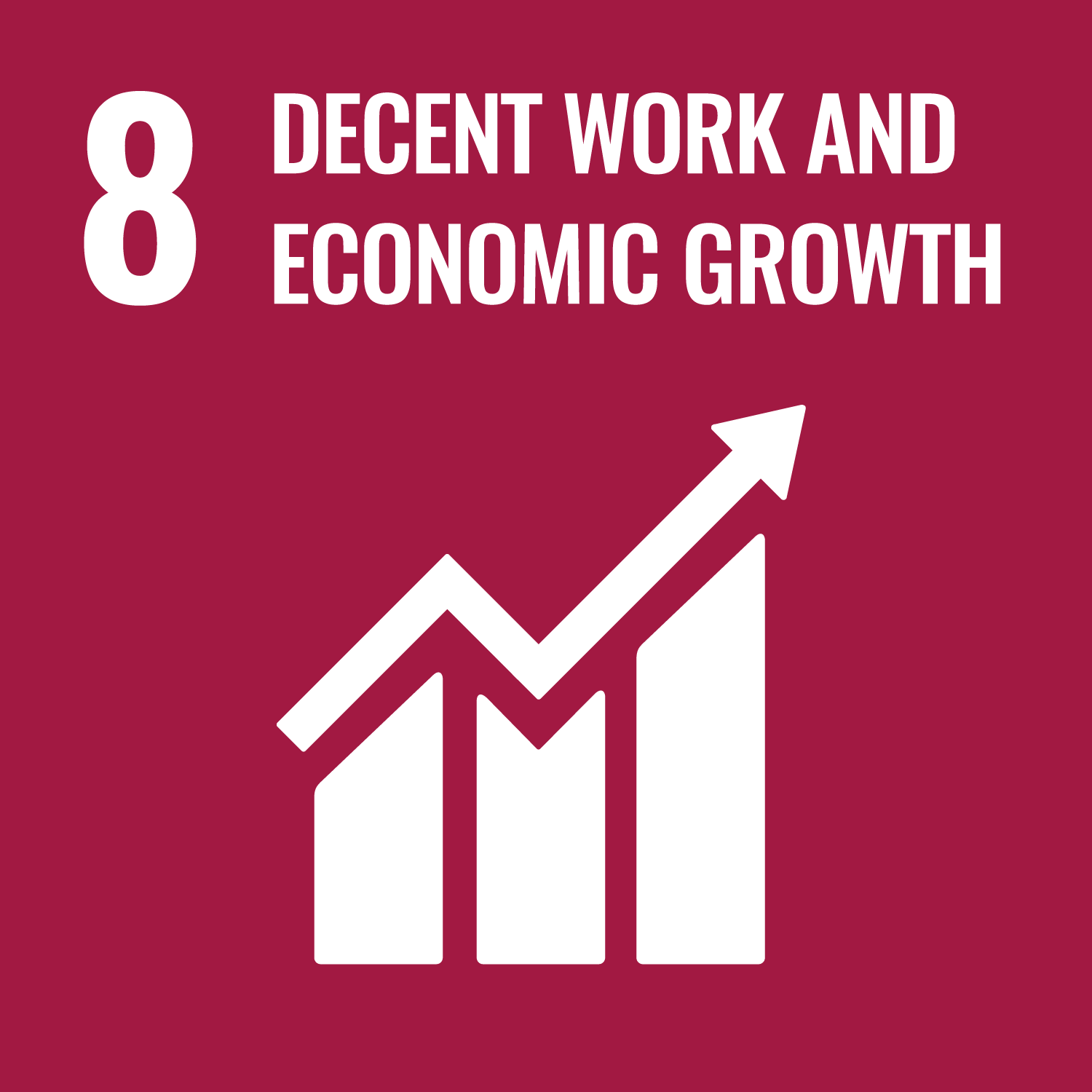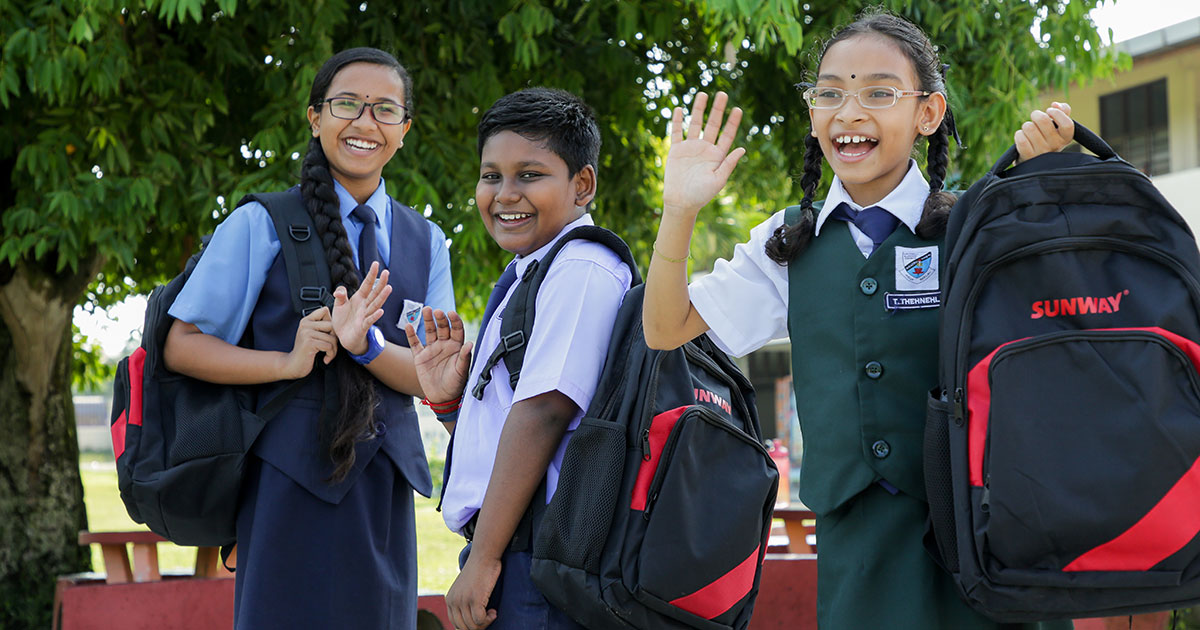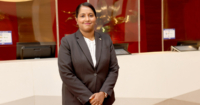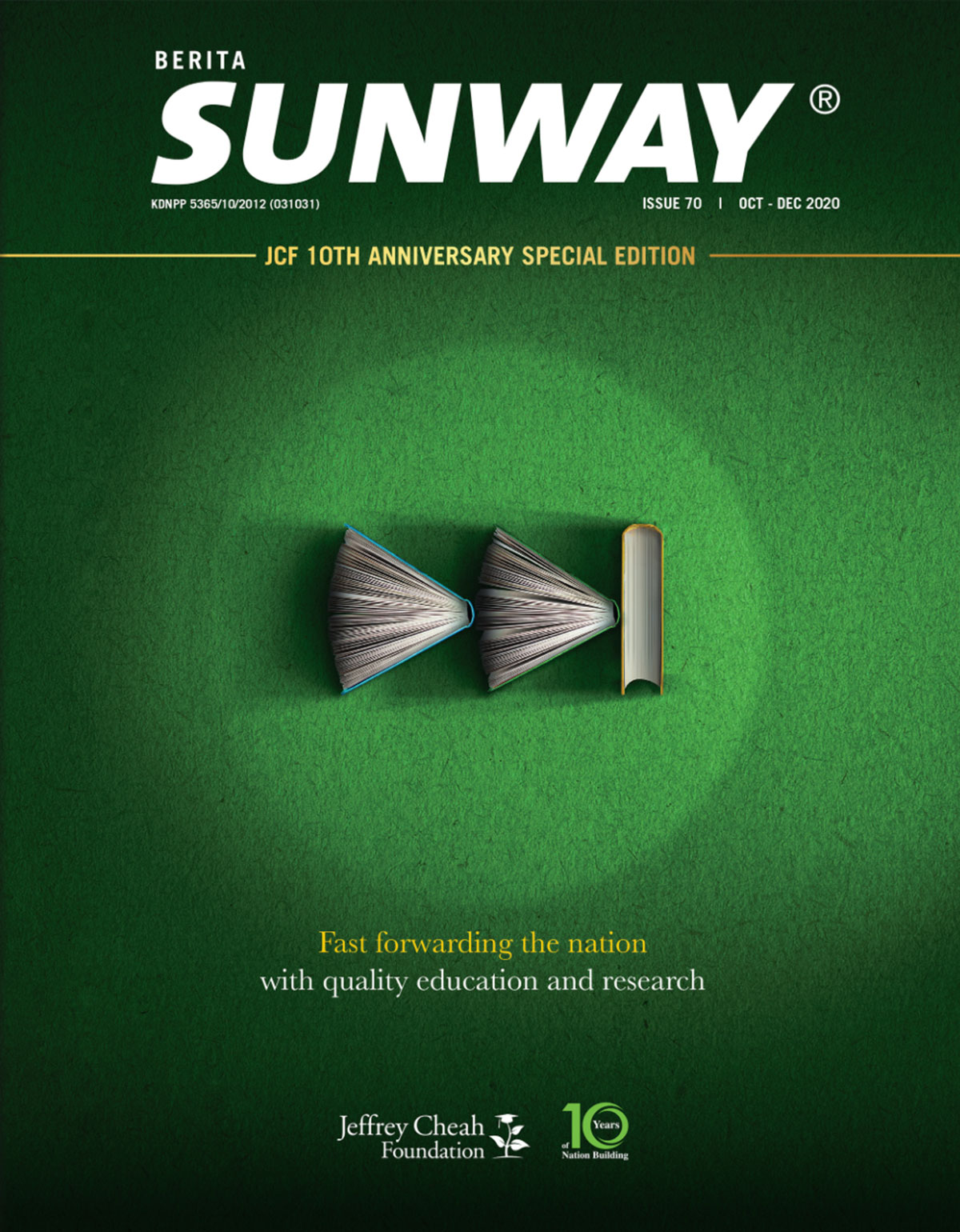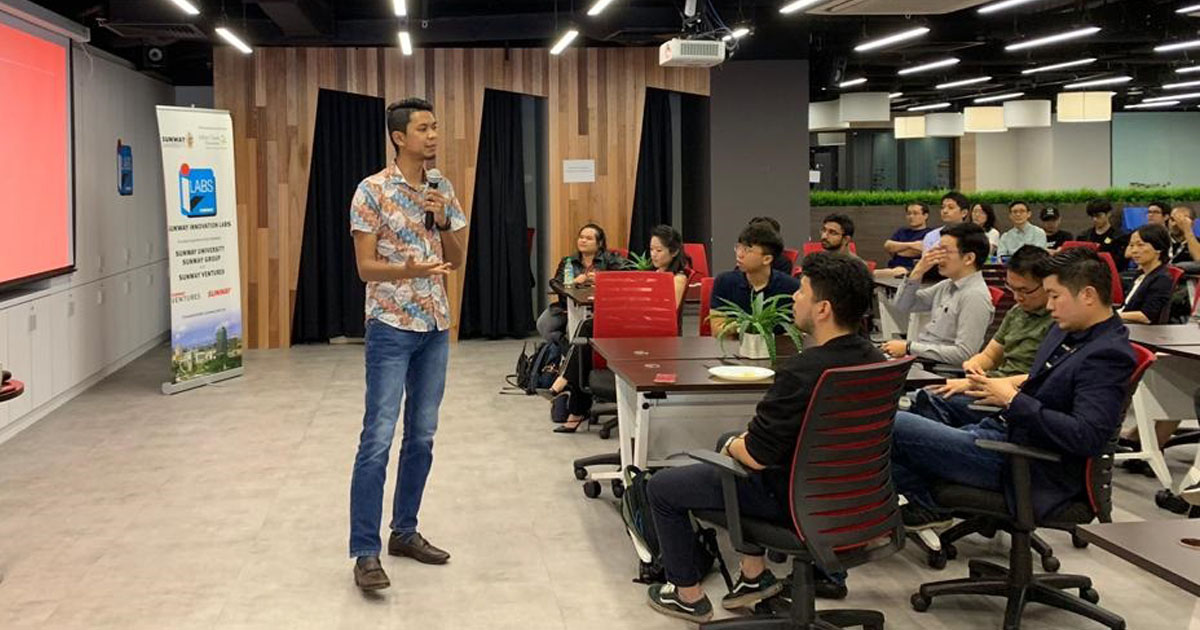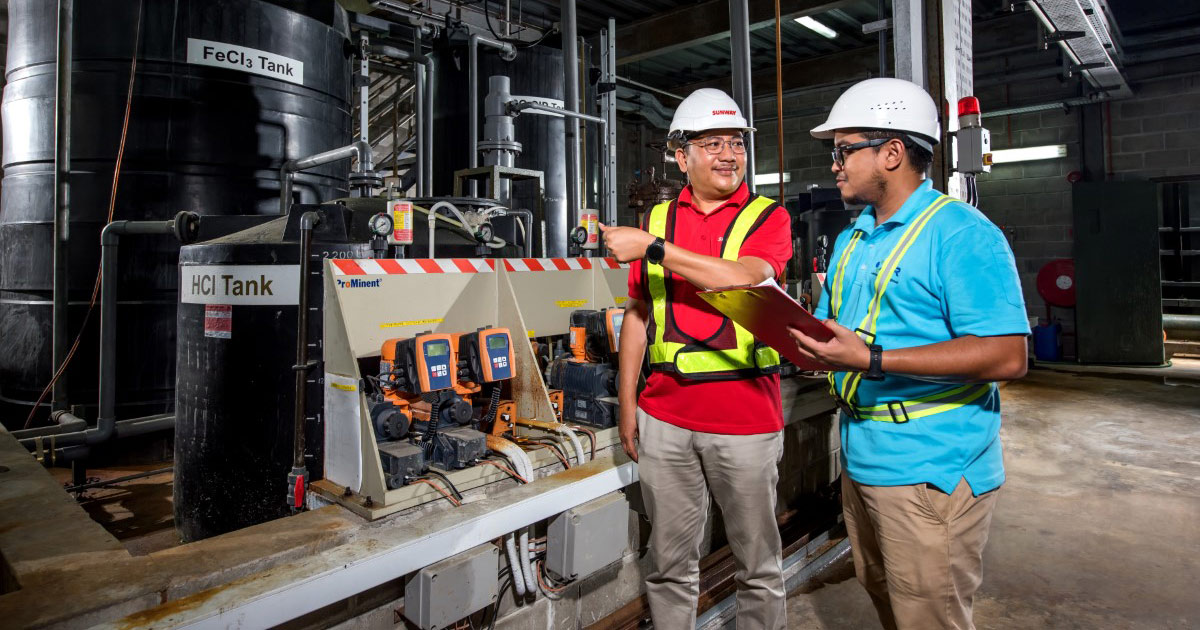Are You Financially Savvy Enough to Achieve Financial Freedom?
-
The past two years have emphasised the importance of saving for rainy days – however Malaysians still have much room for improvement in terms of financial literacy.
-
From tracking one’s cash flow to making smarter investments, Dr Joyce from Sunway University shares several tips on how we can all get a head start and improve our financial management skills for the year ahead.
There is a saying that ‘money can’t buy everything, but everything involves money’. Whether juggling multiple commitments for education, housing, car loans or even tuition fees, financial literacy is crucial towards achieving financial stability.
Simply defined as the understanding of financial components and skills to make more informed financial decisions, financial literacy includes budgeting, investing and personal financial management. So, this begs the question – how can working adults and our youth get a head start in financial planning this 2023? Here are some tips shared by Dr Joyce Nga Koe Hwee, senior lecturer, Department of Economics and Finance at Sunway Business School, Sunway University.
It’s never too late to start saving money
According to the annual Ringgit Plus Malaysia Financial Literacy Survey (RMFLS), more than 70% of Malaysians save less than RM500 monthly, with a further 55% of Malaysians spending exactly or more than what they earn in a month. This leaves little to no room for savings, which is not ideal.

Students and young adults have the benefit of time when it comes to savings
“Always make sure you have some savings on hand for unexpected events such as job loss and personal circumstances such as family emergencies or sickness that may not be funded by insurance,” Dr Joyce shares.
Students and youth have the benefit of time when it comes to saving money, and Dr Joyce shares that they need to think beyond emergency savings due to the increasing cost of living.
Do not put all your eggs into one investing basket
When purchasing a pair of shoes – one needs to ensure that it is a good fit for comfort and safety – and this should also be the case when selecting investments. Investments require wise judgement, financial literacy and understanding. In short, do not invest in anything you are unsure of – or just because everyone you know is doing it.

Cryptocurrency is much talked about – but is it the right investment for you?
“Just because an investment has performed well in the past, it does not mean this will be repeated in the future. Look for investments with good prospects, track records and are supported with solid underlying assets with sustainable performance. Beware of investments promising quick or double returns that do not align with the market,” Dr Joyce adds.
Protect your digital identity and presence
Scan, tap and go – the cashless mode of payment has become the preferred way to purchase items, due to its convenience.
Unfortunately, not everyone is as savvy about sharing personal finance information online – at least 45% of RMFLS respondents revealed that they have shared such details on social media and other platforms, which can make them targets for cybercrime.

Be careful with revealing personal financial information online – there are many instances of fraud and phishing scams around
“Many Malaysians have accepted the need for e-payments and assume that they are safe, which may not always be the case. Make sure to secure your devices well – avoid conducting online transactions using public networks, change your passwords from time to time – and please, never reveal your OTP code for transaction to anyone, including the bank!”
Know where you flow

Set short and long-term goals to achieve every month, and evaluate its effectiveness over time
Dr Joyce recommends setting aside a set amount every month (10% of monthly take home pay) before accounting for expenses. One way of doing this is to open two bank accounts – one dedicated to monthly savings and another for expenses. This can then be divided into fixed expenses like monthly obligations such as loans and commitments, variable expenses such as food and utilities, and discretionary expenses for entertainment.
“Remember, there is a trade-off between saving and spending now. For young adults, you have a long way to go, think of the welfare of your future self. Do not let the budget be a painting on the wall, it is a living document that guides you on what you can do to improve your financial health,” Dr Joyce notes.
Chart your own financial freedom
To all those starting out on their financial journeys, Dr Joyce stresses that one shouldn’t compare their capabilities with others.

Even if it may be tempting to compare your financial journeys with others – Dr Joyce shares that one should focus on the finish line instead
“It is not the starting point that matters but where we end up at retirement. Many people may own big cars, wear Rolex watches, stay in big houses and go on vacation every year. However, beneath the surface they may be dealing with big debts and other financial problems we are not aware of. You need to live your own life and chart your own financial freedom,” she says.
One can set short and long-term goals for themselves, and then evaluate the effectiveness of their own financial strategies and if they are on track. This may include seeking advice from registered financial planner, or even financial apps – this does not need to be done alone, and each step will bring you closer to better financial wellbeing for your future self.











